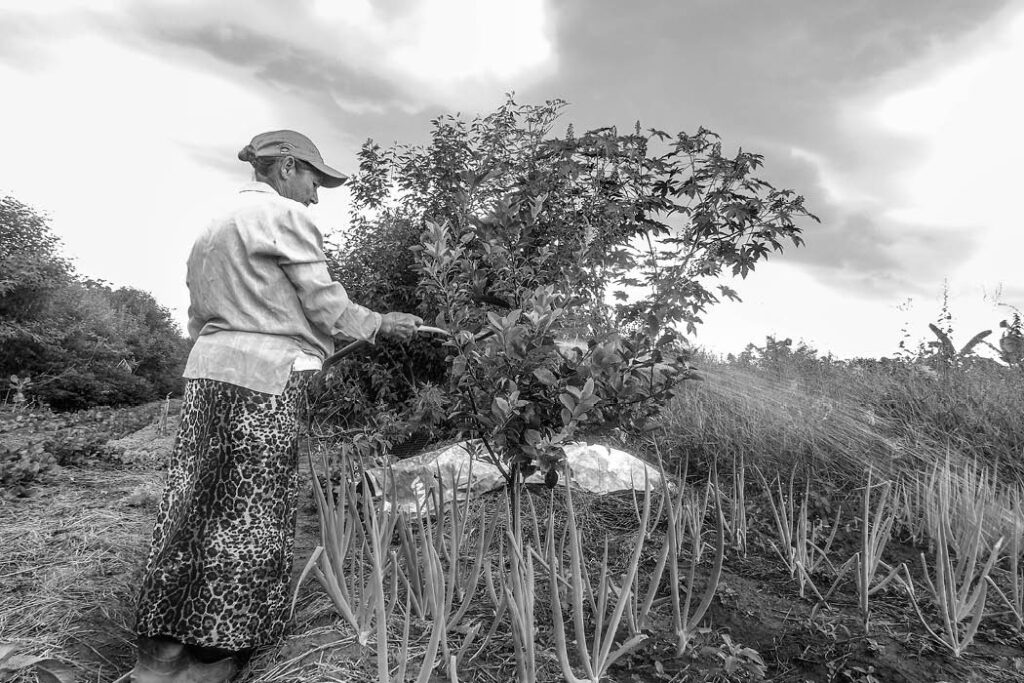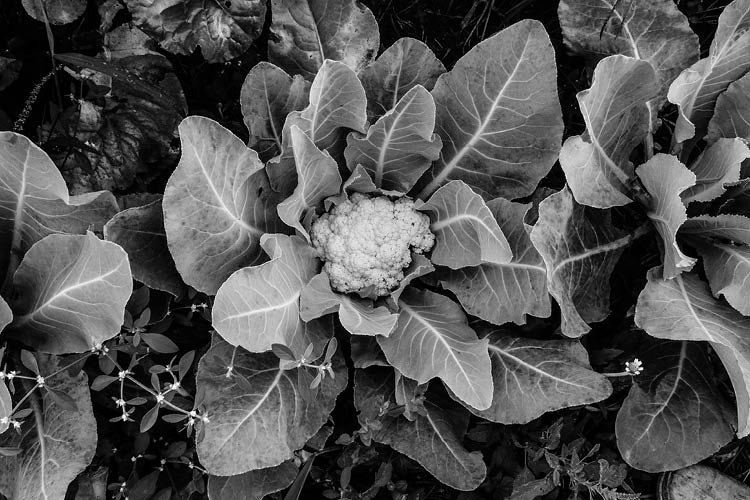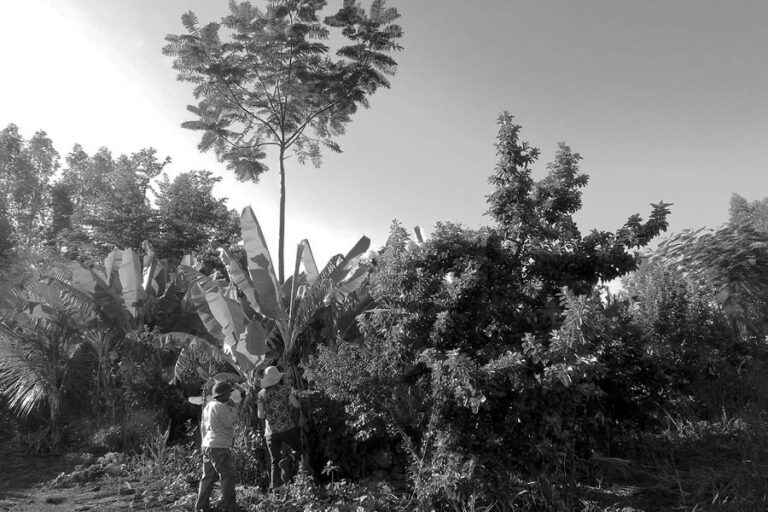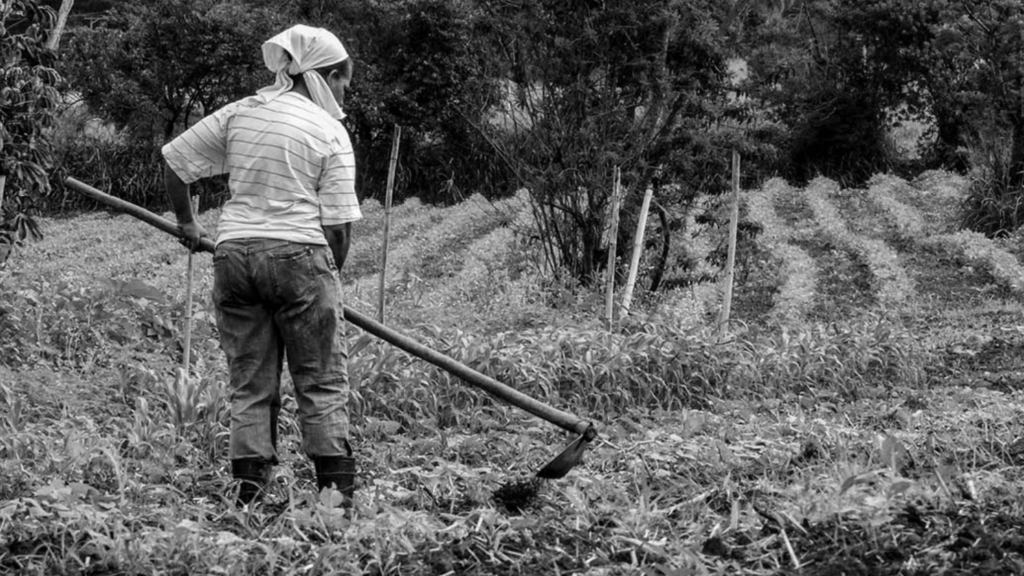Although women play a critical role in food systems, they face striking inequalities which make them most at risk of climatic, economic, and social chocks. Making up 43% of the global agricultural labour force, they represent less than 15% of all landholders. Such structural power imbalances severely limit women’s access to resources and opportunities and yet, women persist as key agents of change, driving transformative shifts within food systems globally. In this interview with Karen Nobre Krull, we explore how agroecology was used as a tool for empowerment and resilience by women in rural settlements of São Paulo, Brazil.
 Karen Nobre Krull is a Brazilian agroecologist who has worked on projects in federal environmental and research institutions in Brazil, such as EMBRAPA, ICMBio and in the last year the NGO Imaflora. She is currently a visiting researcher at the Stockholm Environment Institute (SEI).
Karen Nobre Krull is a Brazilian agroecologist who has worked on projects in federal environmental and research institutions in Brazil, such as EMBRAPA, ICMBio and in the last year the NGO Imaflora. She is currently a visiting researcher at the Stockholm Environment Institute (SEI).
- Can you tell us about your work on agroecological food production in rural settlements of São Paulo, Brazil? In what context did it take place and what inspired you to undertake this project?
After visiting various rural communities in Brazil and recognising the vital role of family farming in both food production and environmental conservation, I started a bachelor’s degree in Agroecology and got involved in rural development and agroecological transition projects. Through these projects, I met people in rural agrarian reform settlements who despite their lack of formal education, displayed remarkable wisdom and resilience, maintaining hope and joy even in the face of considerable challenges. This experience motivated me to carry out this photographic record as my final course assignment, seeking to reduce the social prejudices that exist in Brazil against land reform settlers. It was also a way to celebrate and honour the work of rural women who greatly inspired me.



